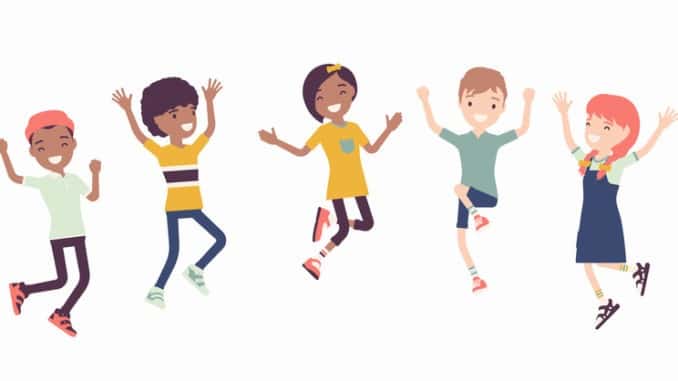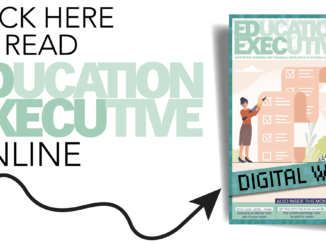
Enough of the ‘lost generation’. Instead, let’s reimagine school for our children, says Peter Hyman
CREDIT: This is an edited version of an article that originally appeared on The Guardian
This is not a lost generation – a crass label that’s likely to be a self-fulfilling prophecy. The students we serve in deprived parts of London, and thousands like them across the country, are not lost. Frustrated, yes. Bored, yes. Many still living in poverty, yes. In some cases, traumatised and in need of skilled support. But not lost. They’ve missed some learning, but this has not rendered them incapable, permanently behind, or unable to lead a productive life.
Children are resilient, and become more resilient if treated with respect, listened to and given the chance to use their imagination, make connections and find their feet. If we tell a better story, and back it up with the right approach – strategic, financial (more for those most in need) and practical – then our children will be the ‘bounce back generation’. We will be celebrating their ingenuity in the face of multiple challenges, the new things they have learned about themselves and the new skills they have acquired.
We’ll be remembering how some young people reconnected with, and cared for, family members, becoming more resourceful in the process. Fourteen-year-old Ahmed describes, for example, how dealing with his mother’s COVID-19, and the difficulties of lockdown, have made him a better problem-solver, more organised and more determined to work hard at school. That is from just one of many insightful blogs on Big Education’s learning from lockdown website, which draw out some of the positive lessons from this difficult period.
Long before the first worksheet or baseline test is unfurled on the return to school, we must introduce one precious ingredient back to the heart of each classroom; talk – a classroom filled with the social and emotional power of the spoken word. It is by allowing young people to talk and, of course, listen to each other, that we will understand what they have gone through and be able to gauge their sense of wellbeing. We can then tailor our responses to each child. It is through talking that they will reconnect with their friends and re-centre themselves.
Promoting speaking skills in young people is needed more than ever before (see, for instance, Voice 21, a national charity that I helped set up). It is also why the sophisticated work that many schools have been doing on student wellbeing is so important in ensuring that children can continue to learn effectively despite all the upheaval.
New skills needed
The ‘lost generation’ is merely the doom-laden trailer for a long-running series entitled ‘Keep your head down and pass your exams’. The narrative is clear; you don’t need the full box set to get the gist. It goes like this. School may be a bit boring and grinding; you will spend the last four years of it under the cloud of non-stop cramming and practising for high-stakes exams. The emphasis will be on narrow, subject knowledge and being able to follow the clunky format of each exam question in order to get the marks. The aim is to go to a Russell Group university; the job once there is to get a 2:1 degree and then to pop out the other side and you are made for life.
Only, there is a twist. Employers are no longer satisfied with the 2:1; they are increasingly doing their own strengths-based assessments and are not, predominantly, looking for academic qualifications. Exam grades are no longer seen as a proxy for what is needed – not just in the workplace, but in life; it’s agility, initiative, curiosity, problem-solving, collaboration and emotional intelligence that matter most. With exams cancelled for a second year, now is the time to rethink assessment – and we are seizing the moment.
The key to this is our school leaders, who have done an extraordinary job in the last year and many of whom have thought more deeply than ever before about what they value most and what an expansive vision for education might look like. So, talk of ‘recovery’ needs to turn swiftly to talk of how we ‘reimagine’ school – a broader curriculum, skilful use of technology, a greater focus on wellbeing and creativity at the heart of school life. Cohorts of leaders, and aspiring leaders, are joining our Big Leadership Adventure programme, to develop the tools and ideas for this renewal.
To achieve that we need this to be a period of leapfrog, not just catch-up. We need to harness the experience of young people during lockdown – the grit they have shown – and help them to become powerful learners.
A ‘bounce back’ generation with fighting spirit, know-how and resilience – prepared, not just for the next exam, but to thrive and make their mark on the post-COVID world.




Be the first to comment